Eco-friendly living is a great way to reduce your carbon footprint and save your money at the same time. It’s a win-win situation. You only need to make minor changes that will hardly affect your life negatively.
1. Getting a Water Filter
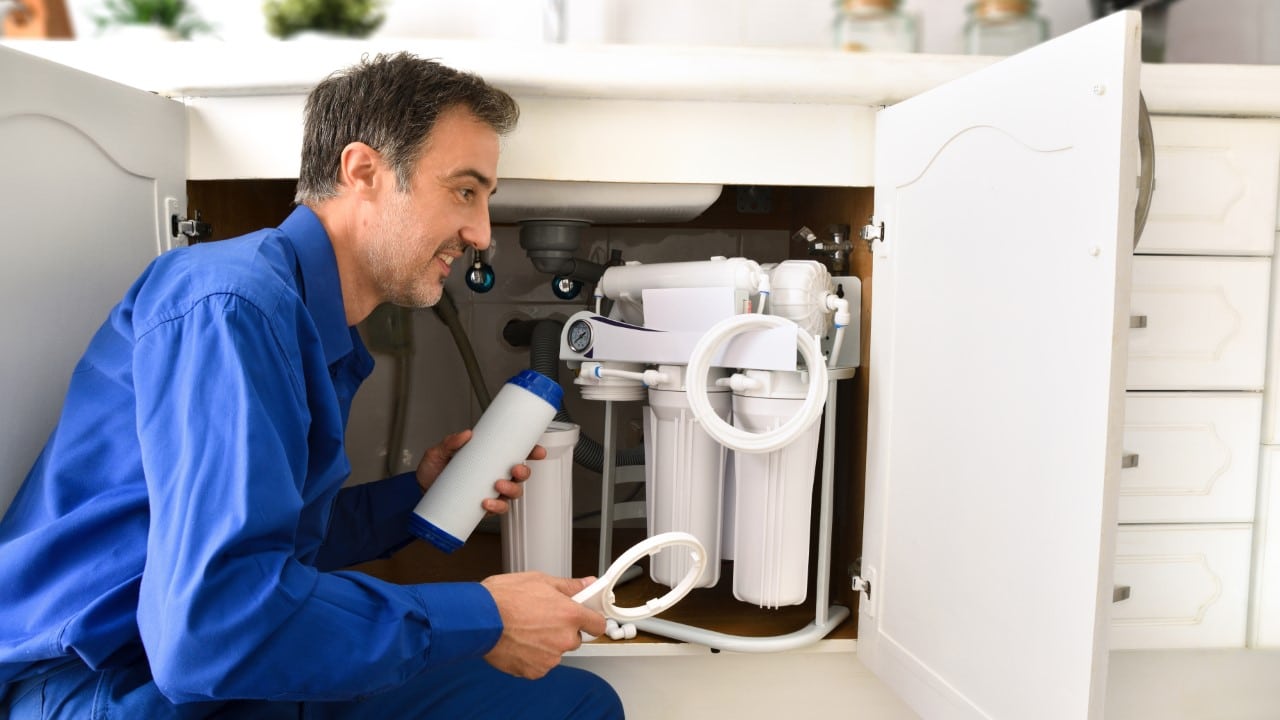
Stop yourself from purchasing bottled water and instead get a water filter for your home. This way, you can save money and reduce plastic wastage from all the plastic bottles. A water filter effectively filters out all your water’s impurities and dirty things, making them drinkable.
2. Turning Things Off
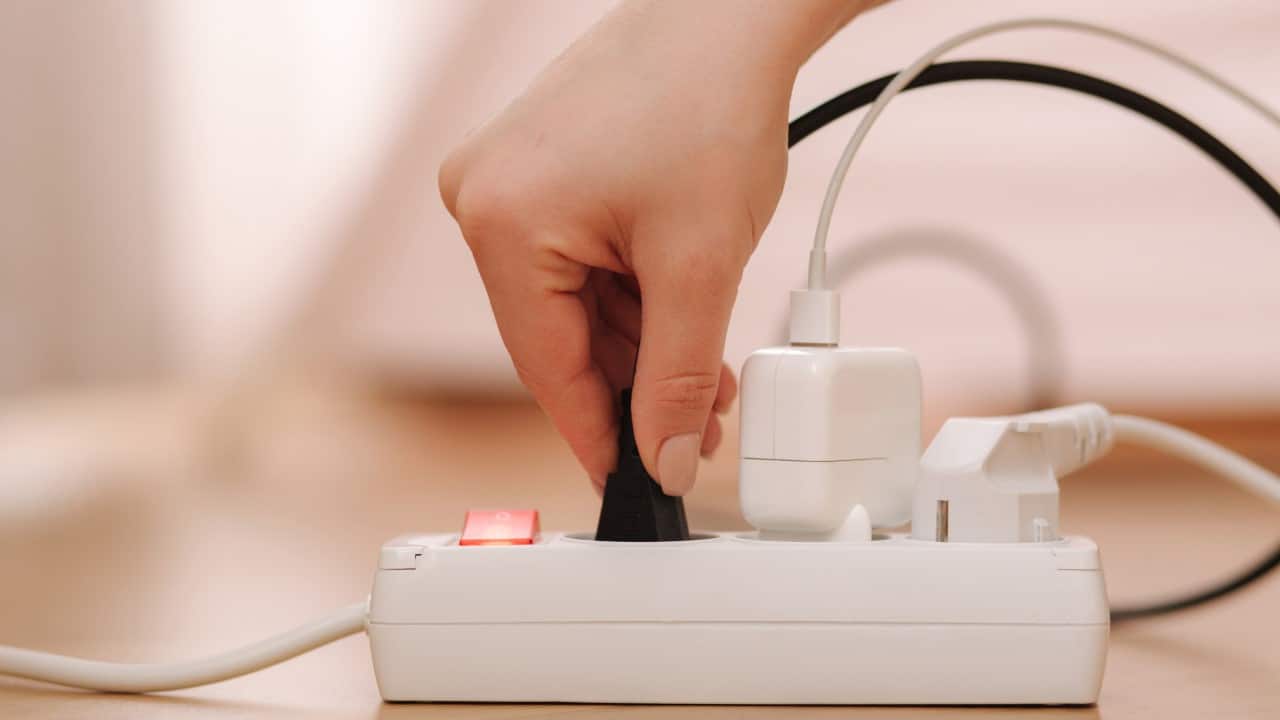
This is a simple rule but often needs to be remembered. Turning things off when you don’t use them or leave the house could help you save on electricity. If you’re leaving your home for a vacation or extended period, unplug everything, too!
3. Getting Rechargeable Gadgets

Rather than using one-time batteries, get yourself some rechargeable ones instead. This way, you can save yourself trips to the store and save your money from constantly repurchasing them. Getting rechargeable gadgets is also a better option, so you don’t have to scramble around looking for batteries when you need them.
4. Cold Wash Your Clothes

Many clothes need not be washed in hot water to be thoroughly cleaned. There are a lot of eco-friendly brands that recommend you use a cold, easy cycle rather than a hot one. This saves your money on bills and the environment at the same time.
5. Go Digital With Your Files

Save the trees, skip the paper, and digitize your files. There are numerous ways to digitally keep your photos and documents without printing a physical copy. Plus, this ensures that you can take more pictures without the clutter surrounding you.
6. Hang Your Laundry
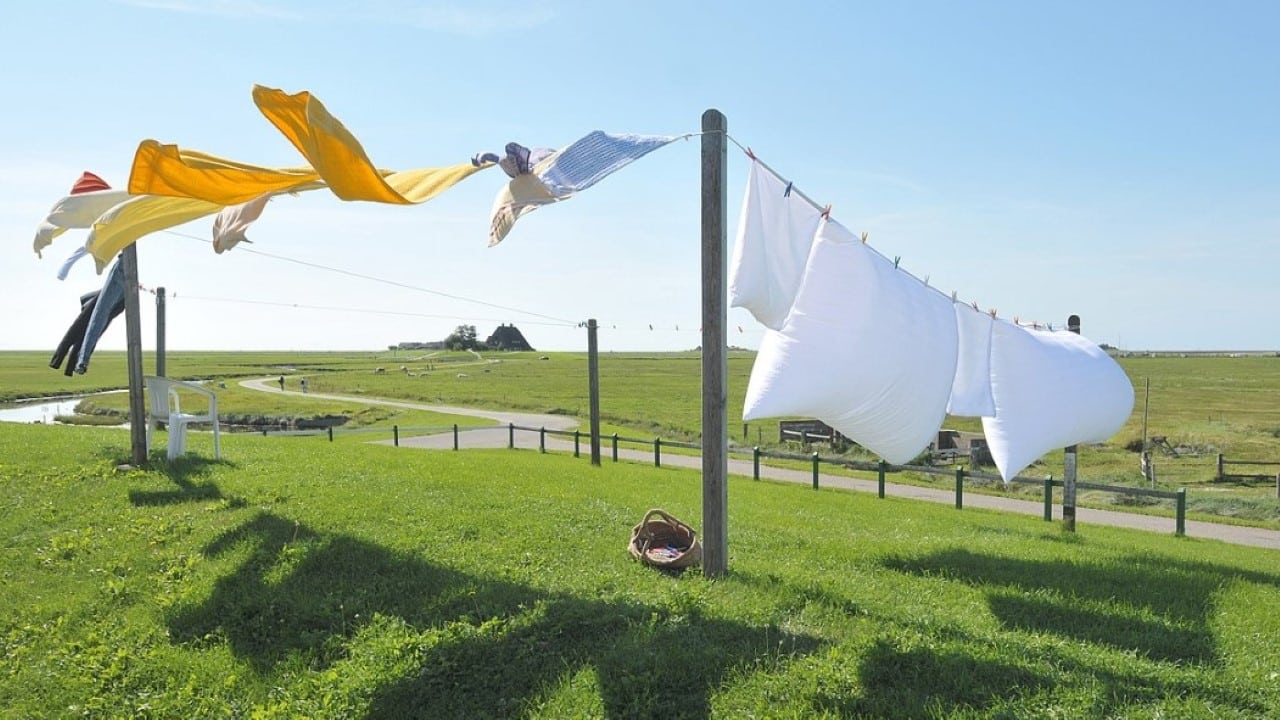
Get yourself a drying rack and start hanging your laundry. The dryer is a costly, electricity-eating machine that should be reserved for more heavy-duty items like sheets and blankets. If you live in a cold climate, you can hang your clothes indoors to avoid it from freezing.
7. Eat Your Leftovers

Repurpose your leftovers for other meals throughout the day. You can heat them or cook them into something else. Don’t just throw away your leftovers when you’re done, especially if there’s a lot left.
8. Bring Your Own Bag

Most supermarkets have started implementing this rule of bringing your own bag or charging for an extra plastic bag. It’s a marvelous initiative that makes us go green to save money. You could get tons of recyclable tote bags to the market and store your produce.
9. Buy Secondhand
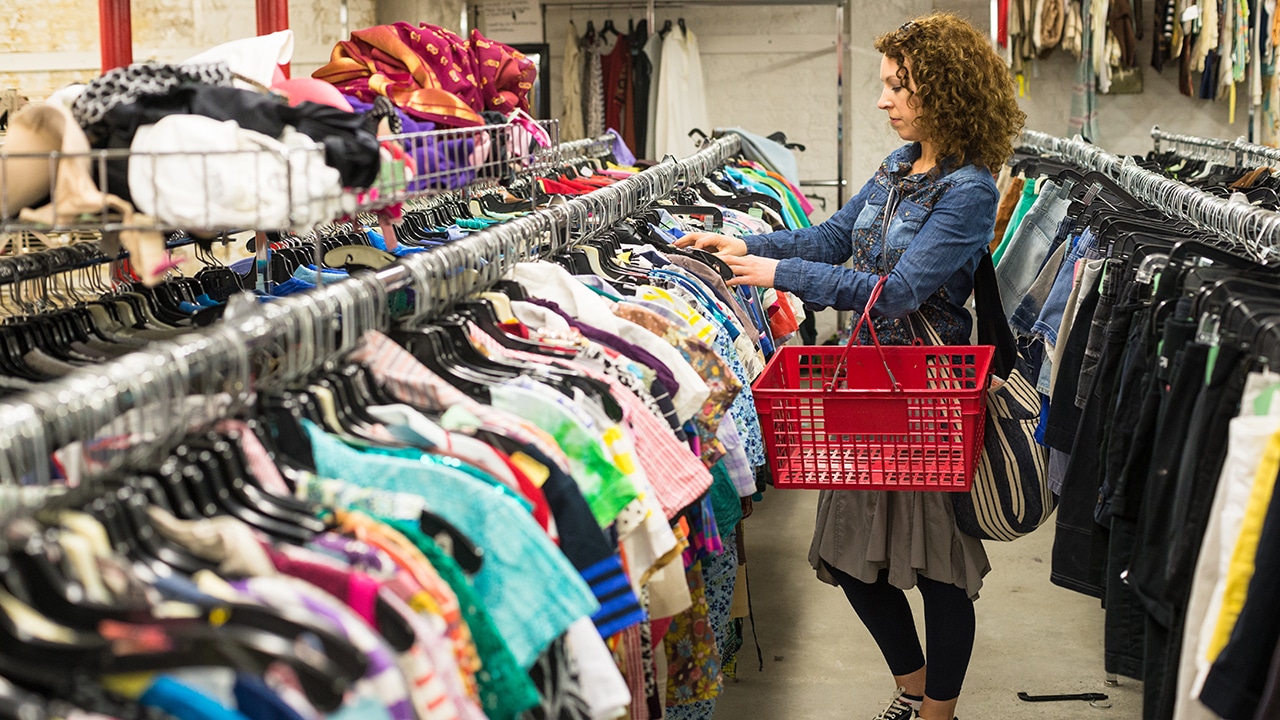
If you can, it’s a great practice to buy secondhand items. This could range from clothes and electronics to furniture and books. Head to the thrift store before heading to the mall. You could save the environment by getting things secondhand rather than brand new. Plus, it’s easier on your wallet.
10. Get a Rag, Ditch Paper Towels

Repurpose your old shirts or clothes and make them into rags to use around the house. This way, you could stop using one-time paper towels. Rags can be washed and dried afterward, so it’s an infinite paper towel.
11. Replace Your Light Bulbs

Switch your light bulbs out for energy-saving ones. This small step is often overlooked but could save you a lot of electricity. Plus, it gives the same effect as a regular light bulb, making it a no-brainer.
12. Get a Library Card

If you’re a bookworm, it may be time to get a library card instead of buying more books. You can read books from your local library and decide whether you enjoy them. If you don’t, you can return it at no cost. But you will lose money if you purchase it at the store. A library card costs next to nothing, and some are entirely free.
13. Sell Your Old Items
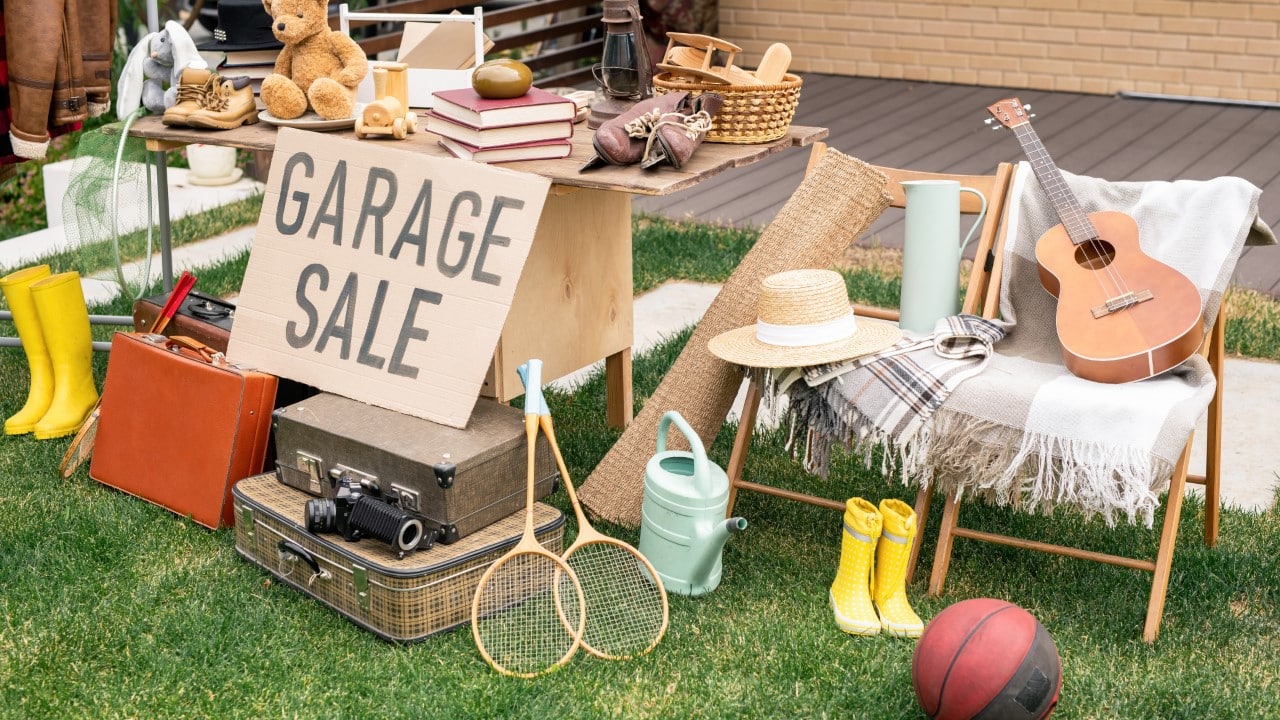
A great way to declutter and gain money rather than lose it is by selling old items lying around the house. Some people will be interested in what you’re selling, and you can make a profit. You can also use numerous platforms to sell your items for free.
14. Start a Compost

After cooking, you’re probably left with some food scraps. You can start a compost for your backyard or small garden. If you have any leftover food you’re not interested in eating, you can also throw it in the compost. This compost will help nourish your plants and make them healthier.
15. Borrow From Your Friends

Let’s move on from the stigma that borrowing things from our friends is embarrassing. It’s a great way to save money and the environment. Next time you have a date or company dinner and have nothing to wear, ask your friends for help. They could have something lying in their closet, waiting for the light of day.
Source: Google, specifically MadeleineOlivia and SaltyLama.
